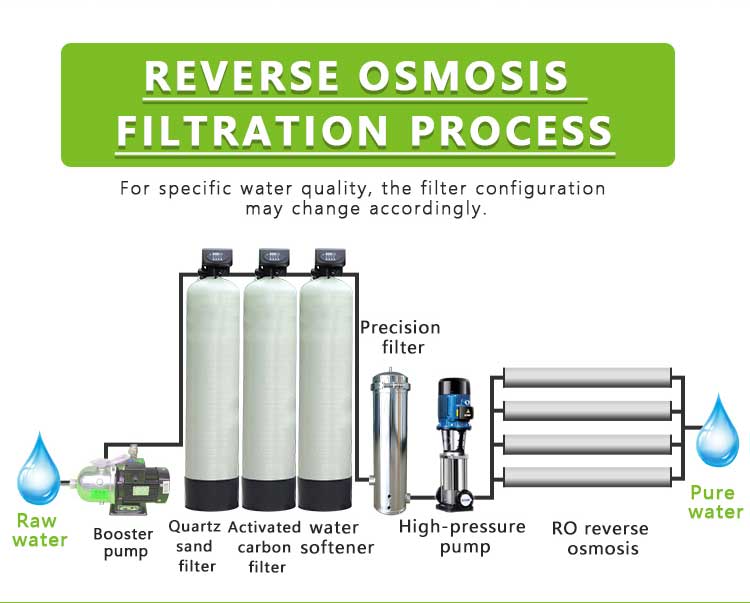Can drinking filtered water improve skin?
Water is the source of life, and its quality is directly related to human health and beauty. In recent years, as people pay more attention to the quality of drinking water, filtered water has gradually become the first choice for many families. So, can drinking filtered water improve skin condition? Is washing your face with filtered water more beneficial to skin health?
This article will explore these issues in depth from multiple angles to help you understand the impact of filtered water on the skin.

What is filtered water?
Filtered water refers to water that has been treated to remove impurities and pollutants. Usually, the technologies used in water filtration equipment on the market include activated carbon filtration, reverse osmosis, ultraviolet disinfection, etc. Through these filtration technologies, suspended solids, residual chlorine, heavy metals, bacteria and other harmful substances in the water are effectively removed, resulting in purer water quality.
Different types of filters can remove different types of pollutants. For example, activated carbon filters are good at removing residual chlorine, odors and organic matter; reverse osmosis systems can effectively filter out tiny dissolved solids and heavy metals. Therefore, the quality of filtered water is often better than untreated tap water, which is why more and more people choose filtered water as their daily drinking water source.
Does drinking filtered water improve skin condition?
Skin is the largest organ in the human body. It not only reflects our health, but also shows our daily habits, one of which is drinking water. Whether drinking filtered water can improve skin condition depends on several key factors.
Reduce skin exposure to pollutants:
Certain impurities in tap water may have adverse effects on the skin, especially in some heavily industrialized areas, where tap water may contain trace amounts of heavy metals, residual chlorine, and other chemicals. If these substances are absorbed by the body, they may cause skin problems such as dryness, allergies, and even chronic inflammation. By removing these impurities, filtered water reduces the chance of skin contact with potentially harmful substances, thereby helping to improve the overall health of the skin.
Help detoxify the body:
Water is the main medium for detoxification of the body. Drinking enough water helps promote metabolism and speed up the excretion of toxins in the body. Filtered water, because of its high purity and the absence of excess chemicals or pollutants, can better help the body detoxify and indirectly improve the skin condition. With fewer toxins, the natural radiance of the skin will be restored, and skin problems such as clogged pores and acne may also be alleviated.
Improve skin hydration:
Hydration is an important factor in maintaining skin elasticity and smoothness. Good water quality helps to better provide moisture to skin cells and enhance the skin barrier function. Compared with ordinary tap water, filtered water can provide the skin with the required moisture more purely and directly, thereby reducing problems such as dry skin and flaking.
Avoid potential allergens:
Some people may be sensitive to chlorine or other chemicals in tap water, which can cause allergic reactions such as redness, swelling, and itching on the skin. Filtered water can significantly reduce the risk of allergic reactions on the skin by removing these potential allergens, making the skin condition more stable.
In summary, drinking filtered water may improve skin conditions, especially for those with sensitive skin or those who are susceptible to pollutants. However, improving skin health is a comprehensive process, and drinking filtered water alone may not be enough to achieve significant results. It also requires good living habits, a healthy diet, and proper skin care measures.

Is washing your face with filtered water more beneficial to skin health?
Washing your face is an important step in daily skin care, and the type of water source you use to wash your face has a direct impact on the health of your skin. Many people are beginning to pay attention to whether washing your face with filtered water can help improve skin conditions. Here are a few key considerations.
Reduce skin irritation:
Traditional tap water may contain a certain amount of residual chlorine, which is widely used for disinfection, but it may cause some irritation to the skin. Especially when the skin is sensitive or damaged, residual chlorine will aggravate dryness and discomfort. Filtered water removes residual chlorine and other possible irritants in the water, so washing your face with filtered water can reduce irritation to the skin and make the skin more comfortable and stable.
Reduce mineral residue:
Hard water contains a large amount of minerals such as calcium and magnesium, which will remain on the surface of the skin, forming a "scale"-like film, affecting the cleanliness and softness of the skin. Long-term use of hard water to wash your face may cause the skin to become rough, pores to be clogged, and even aggravate acne problems. Filtered water, especially softened water, can effectively remove these mineral residues, making the skin feel softer and smoother after washing your face.
Promote the absorption of skin care products:
Washing your face is the first step in skin care, and a clean skin surface helps the absorption of subsequent skin care products. If the water quality used for washing your face is not good, it may leave impurities on the skin surface, affecting the effect of skin care products. Washing your face with filtered water ensures that the skin surface is cleaner, so that it can better absorb the nutrients in skin care products and improve the skin care effect.
Suitable for sensitive skin:
For people with sensitive skin, any possible irritant may cause skin problems. Some impurities in tap water, such as rust and microorganisms, may cause discomfort to sensitive skin even if the content is small. Filtered water removes these possible irritants, making it a gentler choice for sensitive skin and helping to reduce skin discomfort and allergic reactions.
Prevent dry skin:
Hard water and chlorinated water sometimes accelerate the loss of moisture from the skin, causing dry skin. This problem may be more obvious in winter or dry environments. Washing your face with filtered water can reduce the hardness and chlorine content in the water, thereby reducing dry skin problems and maintaining the skin's moisture balance.

Summary: The overall effect of filtered water on the skin
On the whole, drinking filtered water and washing your face with filtered water can improve skin condition to a certain extent. Filtered water indirectly improves the health and appearance of the skin by reducing pollutants exposed to the skin, improving the body's detoxification function, increasing hydration, and reducing the risk of allergies. At the same time, washing your face with filtered water can reduce skin irritation, reduce mineral residues, and promote the absorption of skin care products. It is especially suitable for sensitive skin and skin types that require high moisturizing.
However, it is worth noting that although filtered water can bring benefits in some aspects, skin health is affected by many factors, and filtered water alone cannot solve all skin problems. A healthy diet, good living habits, proper skin care measures, and regular skin care are all key to maintaining skin health. Therefore, although filtered water is a beneficial choice, it is necessary to consider many aspects comprehensively to achieve the best skin condition.
In short, whether it is for drinking or for daily cleaning, filtered water provides a higher quality water source option, and it is an investment worth considering for those who pursue skin health and quality of life.




